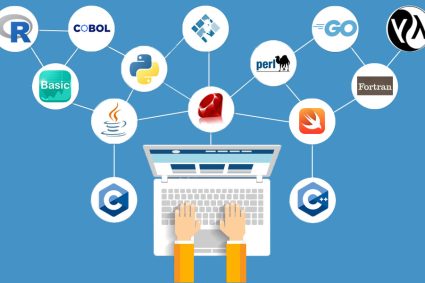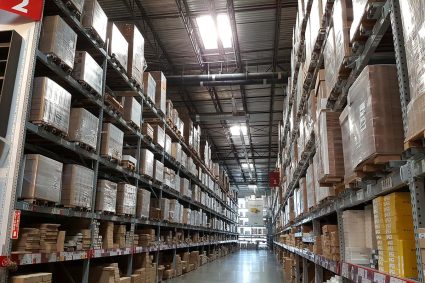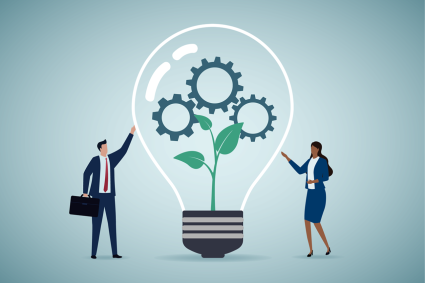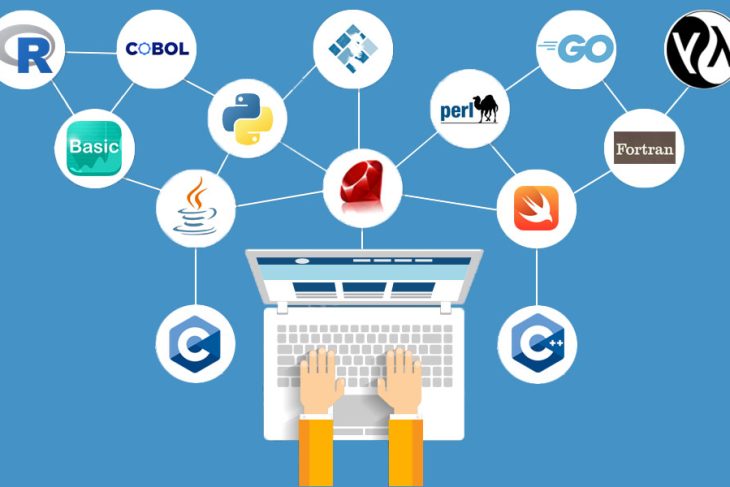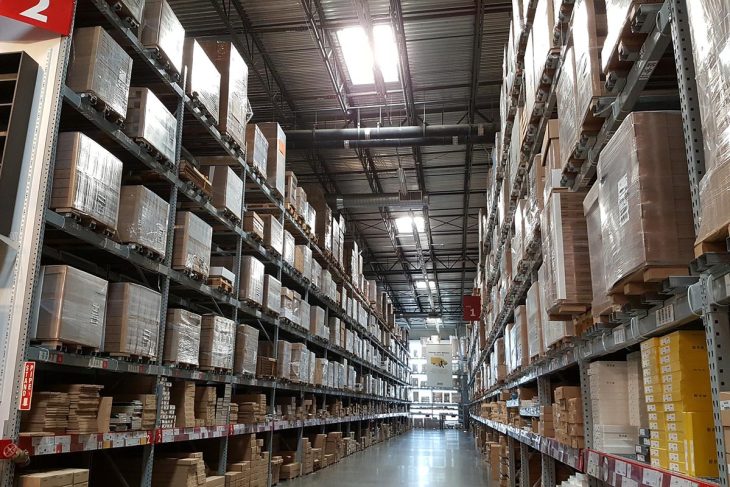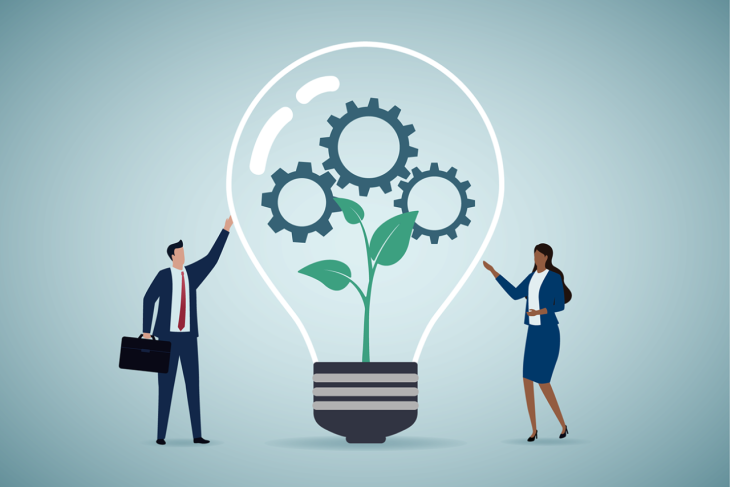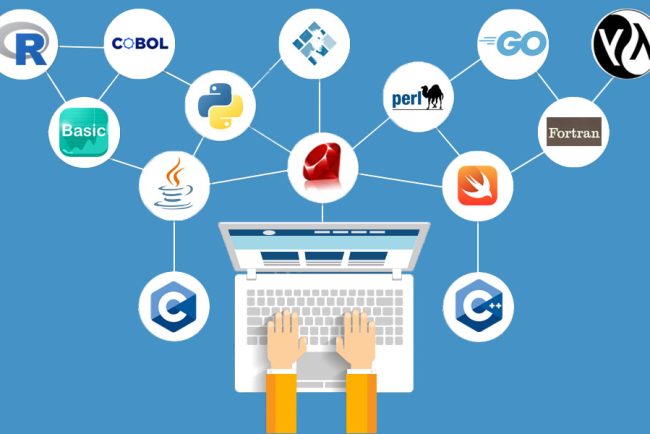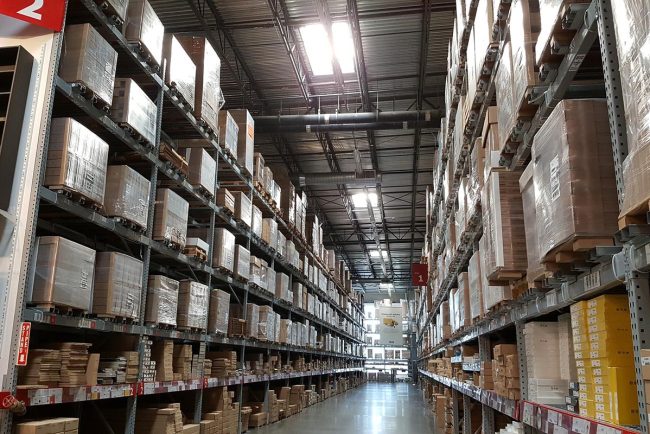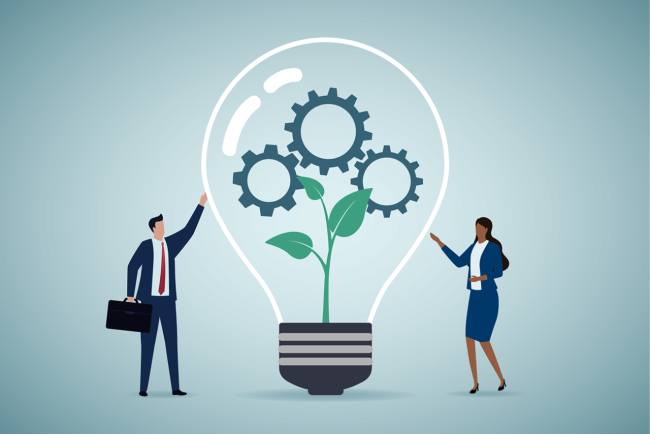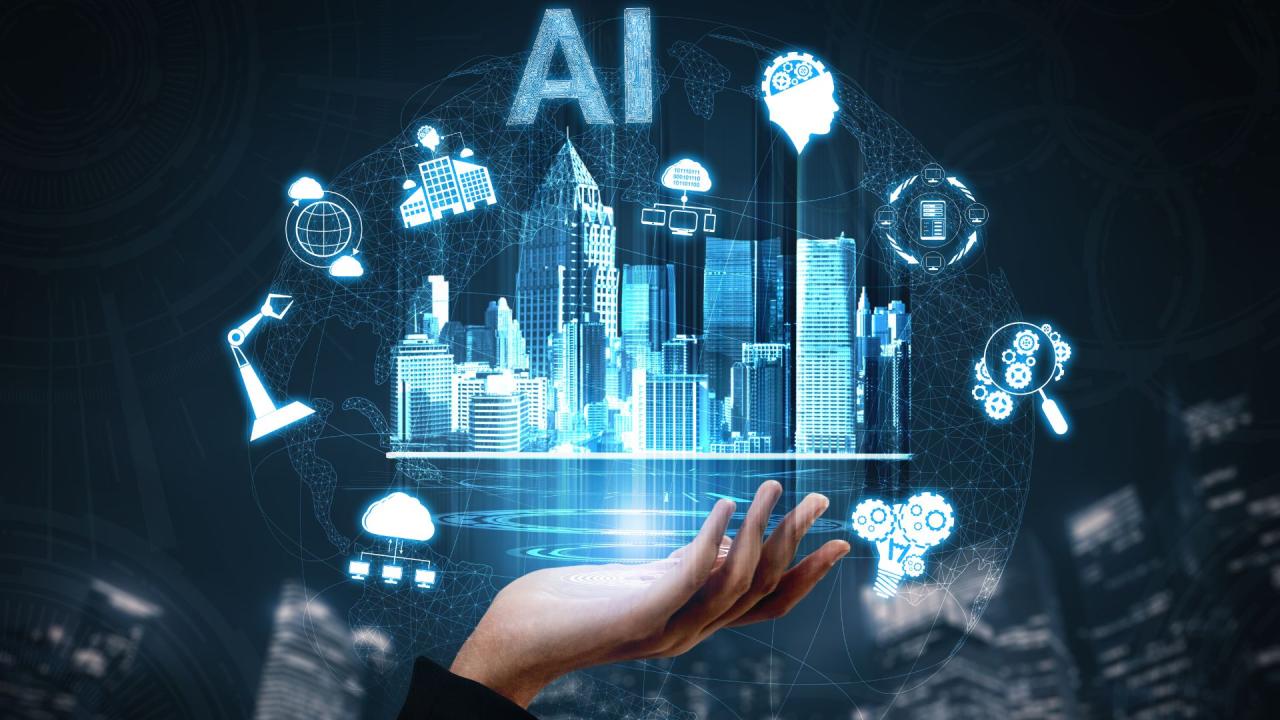

In recent years, the construction industry has witnessed a technological revolution, with artificial intelligence (AI) playing a pivotal role in transforming traditional practices. From enhancing safety measures to optimizing project management, AI has opened up new possibilities for the construction sector. In this article, we will explore six amazing ways AI is being utilized in construction, revolutionizing the industry and shaping the future of building projects.
- Predictive Analytics for Risk Management AI-powered predictive analytics is revolutionizing risk management in construction. By analyzing vast amounts of historical data, AI algorithms can identify potential risks and predict their likelihood of occurrence. This proactive approach enables construction companies to implement preventive measures, mitigate risks, and enhance overall project safety. AI algorithms can also provide real-time risk assessments during ongoing construction, alerting stakeholders to potential hazards and enabling timely interventions.
- Autonomous Heavy Equipment and Robotics AI-driven autonomous heavy equipment and robotics are transforming construction sites. Self-driving construction vehicles, such as excavators and bulldozers, equipped with AI algorithms and sensors, can navigate construction sites and perform tasks with precision and efficiency. These autonomous machines reduce human errors, enhance productivity, and improve worker safety. Additionally, robotic systems powered by AI can handle repetitive or dangerous tasks, such as bricklaying or welding, with speed and accuracy.
- Construction Planning and Optimization AI technology is revolutionizing construction planning and optimization processes. AI algorithms can analyze project data, including architectural designs, materials, and scheduling constraints, to generate optimized construction plans. By considering factors like resource allocation, material usage, and workflow efficiency, AI can propose construction schedules that minimize delays, reduce costs, and maximize productivity. These AI-driven planning tools enable construction companies to streamline project execution and achieve better outcomes.
- Quality Control and Defect Detection AI-based image recognition and computer vision techniques are revolutionizing quality control in construction. By analyzing images and video feeds from construction sites, AI algorithms can detect defects, identify deviations from specifications, and flag potential issues. This automated defect detection process saves time, improves accuracy, and ensures adherence to quality standards. It enables early intervention and reduces the risk of costly rework or delays caused by undetected defects.
- Energy Efficiency and Sustainability AI is driving advancements in energy efficiency and sustainability in construction. Machine learning algorithms can analyze building designs and energy consumption patterns to optimize energy usage and reduce carbon footprint. AI-powered systems can monitor and control energy-intensive components, such as HVAC systems or lighting, based on real-time data and occupancy patterns, ensuring energy efficiency without compromising comfort. Furthermore, AI can assist in identifying sustainable materials, optimizing waste management, and facilitating green building practices.
- Construction Site Safety Monitoring AI is enhancing safety monitoring on construction sites through the utilization of advanced sensors and computer vision. AI algorithms can analyze sensor data and video feeds in real-time to identify potential safety hazards. This includes detecting unauthorized personnel in restricted areas, monitoring compliance with safety protocols, and identifying potential accidents or unsafe conditions. By providing instant alerts and actionable insights, AI-powered safety monitoring systems contribute to a safer working environment for construction workers.
As the construction industry continues to embrace AI, these six remarkable applications are reshaping traditional practices, improving efficiency, and enhancing safety. The integration of AI technologies into construction processes holds immense potential for future advancements in the sector.

